Thriving Through Change: Building Resilience and Adaptability at Work
In today’s workplace, change is constant — new technologies, shifting priorities, global events, and evolving customer needs. While these shifts can be exciting, they also bring uncertainty and pressure. What determines whether individuals succeed or struggle often comes down to two critical skills: resilience and adaptability.
What Is Resilience in the Workplace?
Resilience is the ability to bounce back from setbacks, challenges, or stress. Resilient professionals remain focused and composed in difficult situations. They view obstacles not as roadblocks, but as opportunities to grow, learn, and improve.
Rather than avoiding failure, resilient people face it head-on and recover quickly, using each experience to build inner strength and confidence.
The Role of Adaptability
Adaptability complements resilience. It’s the capacity to adjust your approach, mindset, or strategy in response to new information or changes in the environment. Adaptable employees are open-minded, curious, and comfortable with ambiguity. They’re the first to embrace change, take initiative, and help lead others through transition.
In fast-moving industries, adaptability is no longer optional — it’s a necessity.
Why These Skills Matter
Organizations that prioritize innovation and growth need employees who can handle change without losing momentum. Resilient and adaptable professionals:
Stay calm and productive under pressure
Embrace new tools, systems, and ways of working
Encourage others and strengthen team morale
Reduce burnout by maintaining a positive mindset
Turn challenges into learning experiences
These qualities are also highly valued by leadership. In times of uncertainty, managers seek out team members they can rely on to stay engaged, flexible, and forward-thinking.
Strategies to Strengthen Resilience and Adaptability
While some people may naturally have these traits, they can also be developed through intentional practice. Here are a few ways to build resilience and adaptability at work:
Practice self-awareness: Recognize your emotional responses and triggers.
Stay solution-focused: Instead of fixating on problems, look for what can be done.
Be open to feedback: Use it as a tool for growth, not criticism.
Develop a growth mindset: See challenges as chances to learn, not reasons to give up.
Maintain strong support systems: Lean on colleagues, mentors, or employee resources during tough times.
Stay informed and flexible: Keep up with industry trends and be willing to pivot when needed.
Conclusion
In a world where change is the only constant, resilience and adaptability are the foundation of long-term success. These qualities don’t just help you survive the workplace — they help you thrive, inspire others, and become a driving force for progress. Investing in these skills is one of the smartest moves any professional can make in their career.
Newsletter
Keep up to date — get updates with latest topics

